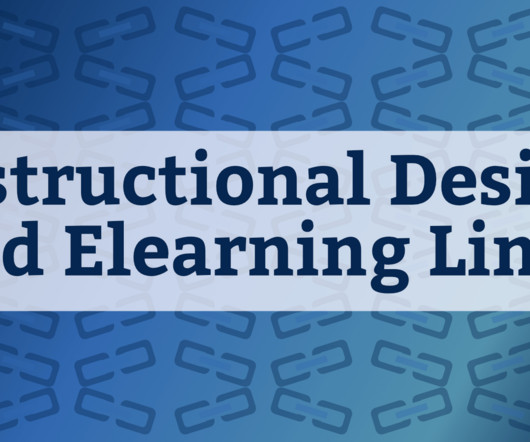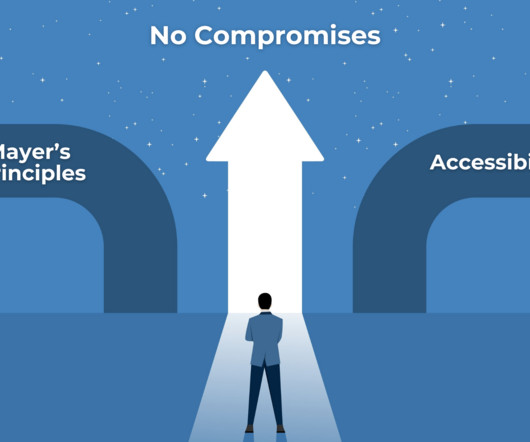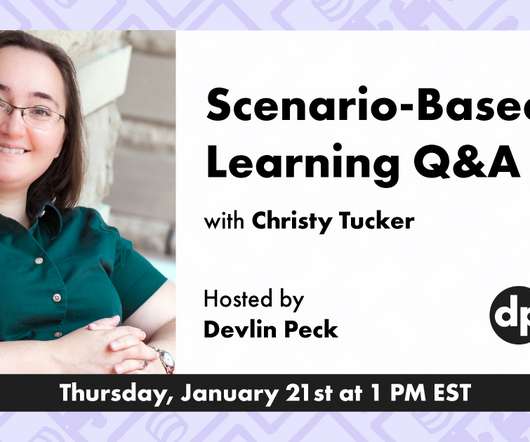Learner Engagement: Behavioral, Cognitive, & Affective
Experiencing eLearning
DECEMBER 17, 2019
However, we can also support the cognitive and affective dimensions of engagement. However, behavioral engagement alone, especially at that superficial level, isn’t enough to develop new skills. Cognitive engagement. Cognitive engagement can be defined as “mental effort and thinking strategies.”






















































Let's personalize your content